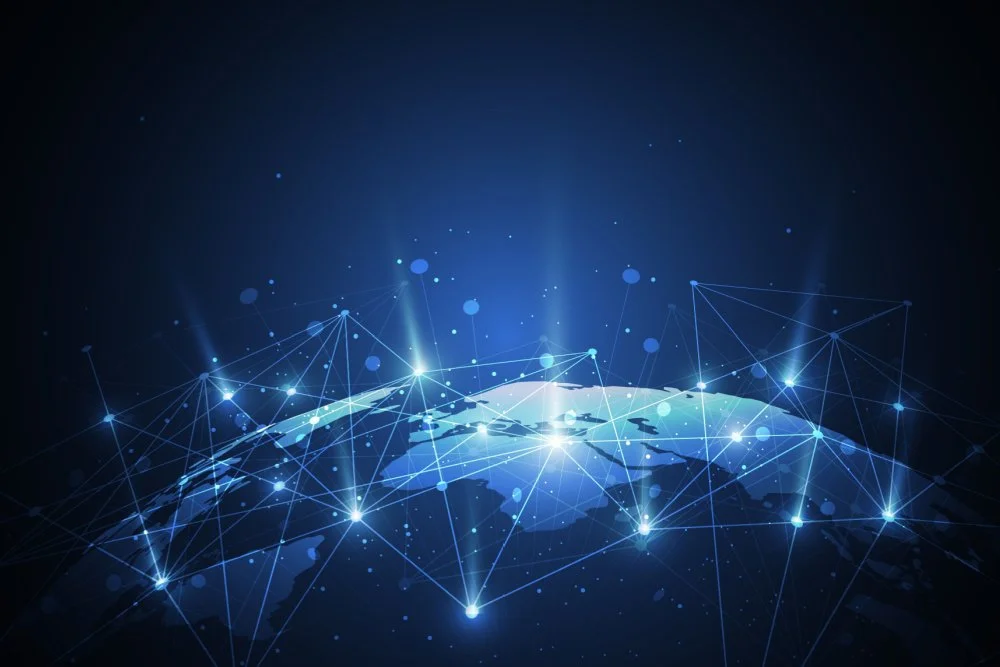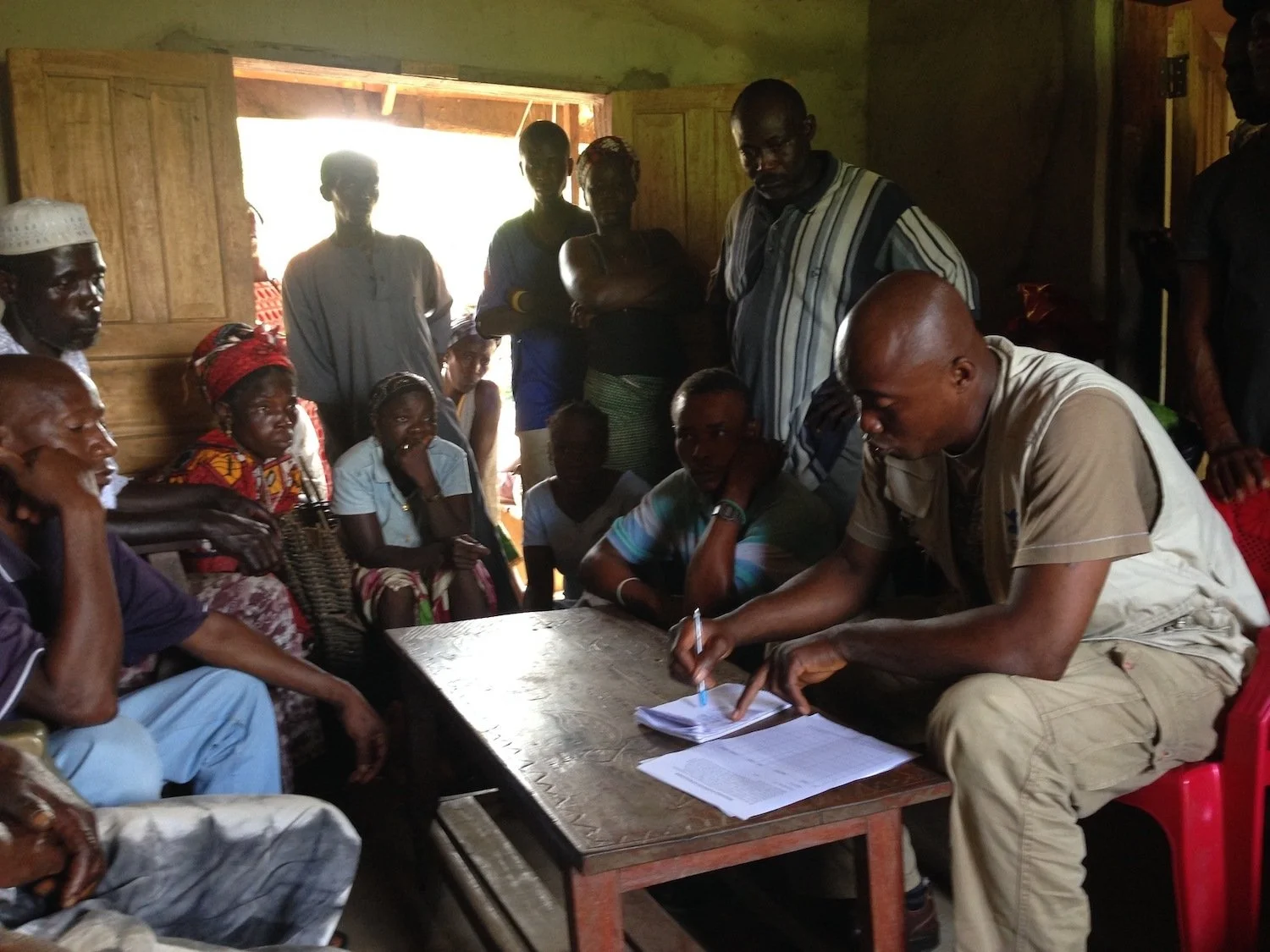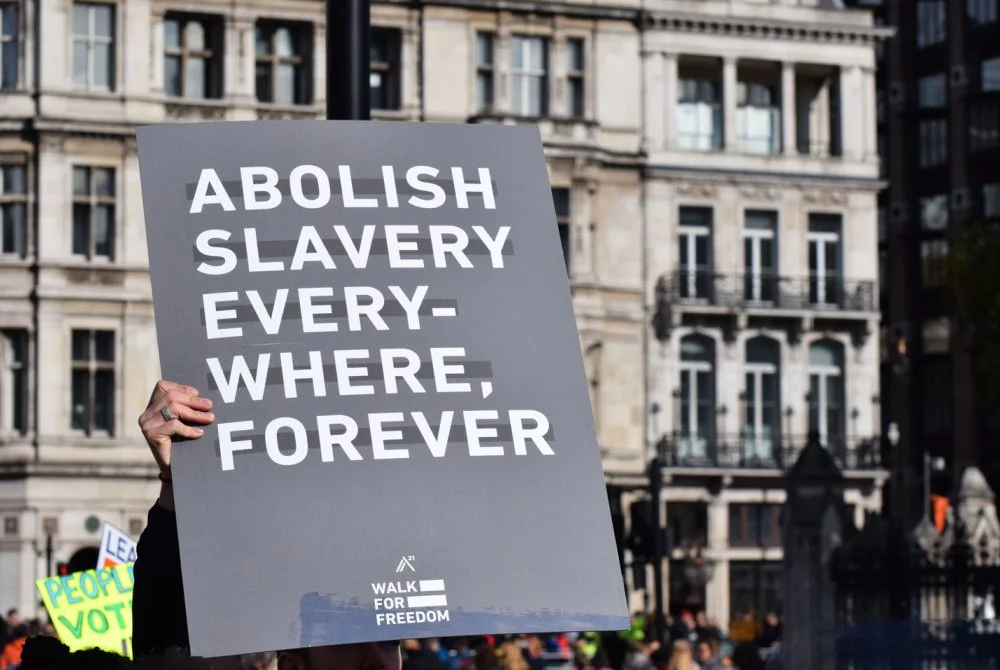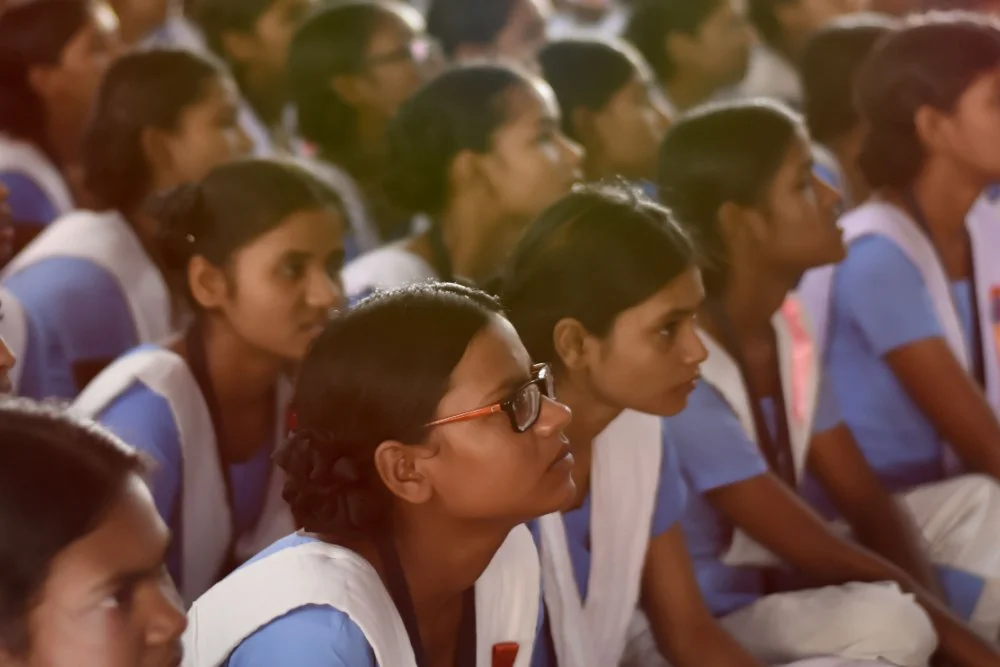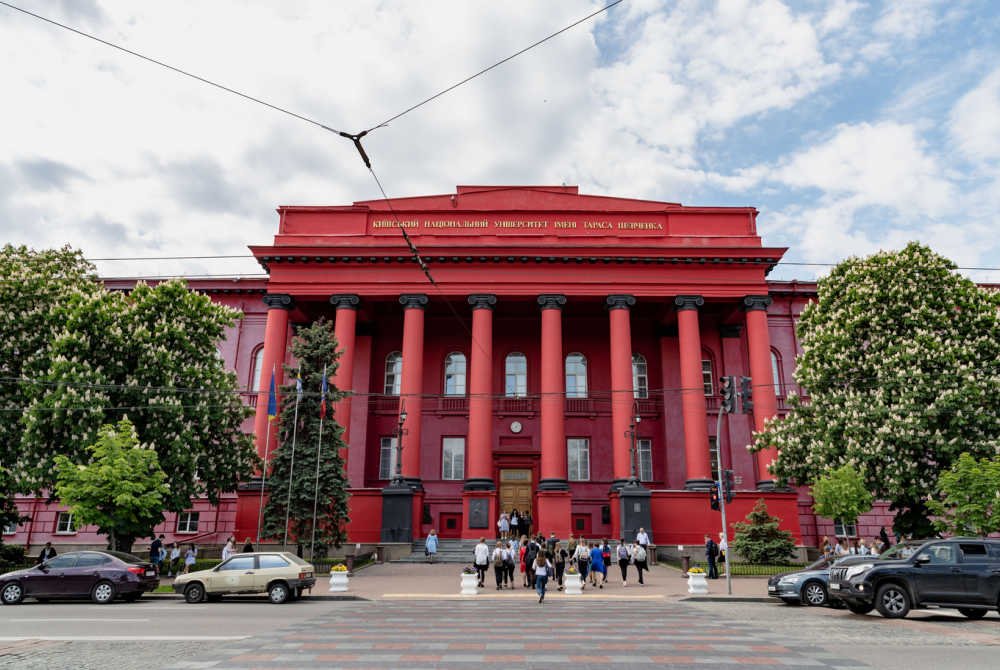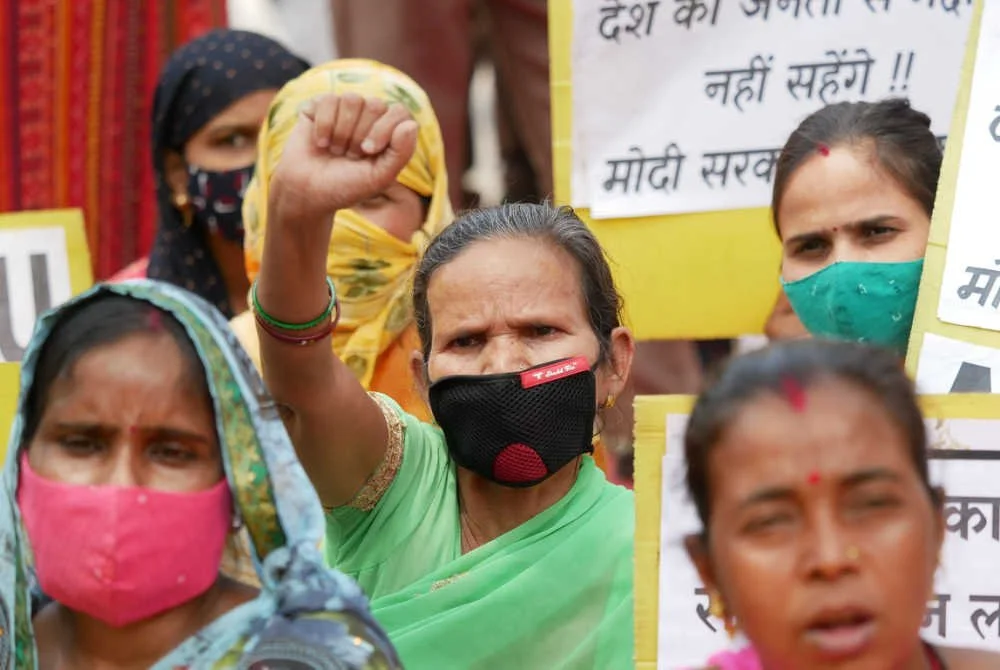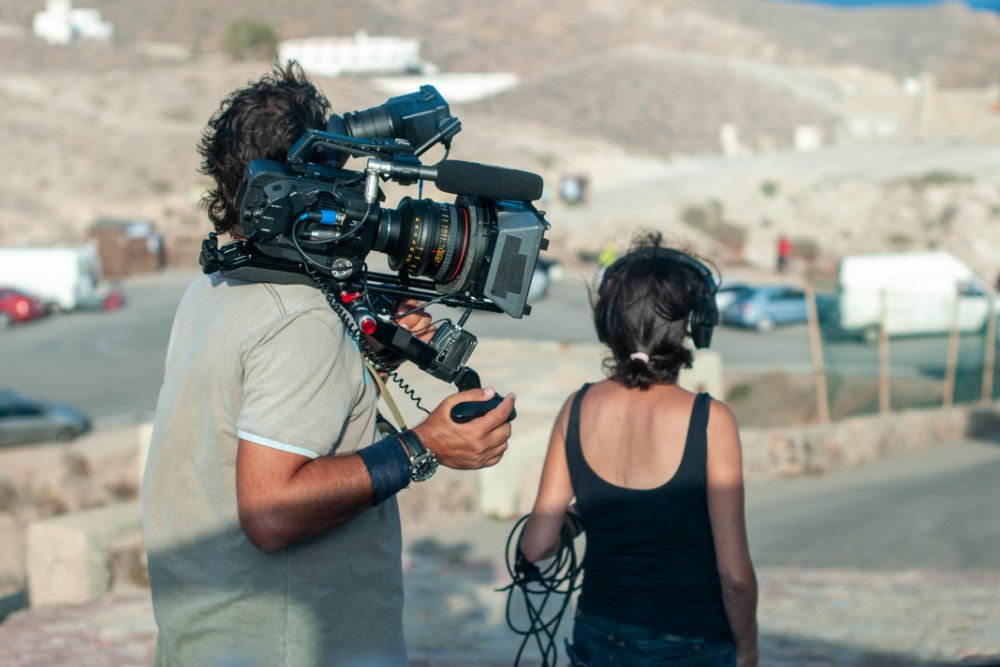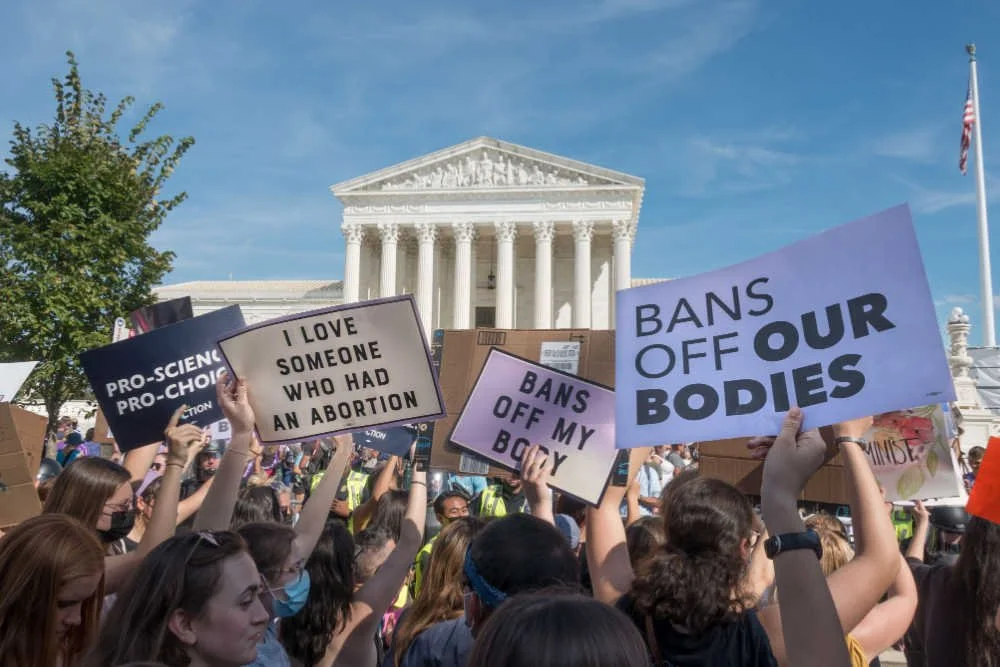Which Corporate Funder Is Looking to Harness Technology to Promote Human Rights?
/In a survey conducted by the Economist Intelligence Unit a few years ago, 83 percent of the total 853 senior corporate executives surveyed acknowledged that the private sector plays a critical role in advancing, respecting, and protecting human rights. However, fewer than 50 percent of the companies they had an official human rights policy statement.
The gap between the private sector acknowledging its role in protecting human rights and its actions in this area is concerning. Especially since there's a long history of corporations being implicated in human abuses that have included child labor, modern slavery, harming indigenous cultures, collaborating with authoritarian regimes in suppressing dissent, and on and on. Top human rights groups like Amnesty International and Human Rights Watch have long worked to improve private sector behavior in this area, pushing a range of proposals related to human rights and corporations. During the 1990s, major companies like Royal Dutch/Shell, BP, Unocal, and Nike, Disney came under intense criticism on human rights grounds—sustaining major damage to their brands.
By the early 2000s, many corporations were keen to get ahead of the curve on human rights. Among them was Microsoft, which just recently launched announced what is being described as a “landmark” partnership with the Office of the UN High Commissioner for Human Rights (OHCHR). The five-year, $5 million joint venture plans to use technology to promote and protect human rights around the world, as well as, take on increasingly complex global rights challenges.
A bit of backstory here. In 2006, Microsoft formalized its commitment to respect and protect human rights by signing the United Nations Global Compact. The compact calls for, among other things, the “protection of human internationally proclaimed human rights,” and to ensure that businesses aren’t complicit in human rights abuses.
In 2012, Microsoft enhanced and expanded its commitment by not only protecting human rights but promoting rights by “harnessing the beneficial power of technology to help realize and sustain human rights everywhere.” And in 2016, the company took it a few steps further by increasing its standards and responsibility to human rights. These changes included addressing matters like the accessibility of technology, online safety, freedom of expression, the right to privacy, and data security.
Meanwhile, as we recently reported, Microsoft has been ramping up is corporate giving through its newly constituted Microsoft Philanthropies. The rather grandiose guiding vision behind this work is to "Empower every person and every organization on the planet to achieve more." This funder, not surprisingly, sees technology as playing a central role in achieving that vision. And while Microsoft Philanthropies is mainly focusing on closing digital gaps and expanding technological inclusion—by increasing access to new tech products and services and to digital skills—it clearly believes technology can help advance other goals, too. Like improving human rights.
What will its new work with the UN look like in practice?
A portion of the grant money is being applied toward the development and use of “advanced technology designed to better predict, analyze, and respond to critical human rights situations.” The grant will also aid in the development of new technologies specifically geared toward advancing the overarching mission of the OHCHR, which is to empower, protect, and uphold the human rights of all people.
Microsoft also plans to work with the OHCHR to raise awareness of the critical role businesses play in the promotion and protection of the rights of all people. The company will also offer support for advocacy and outreach campaigns, including direct support for the development of corporate policies combating LGBTI discrimination.
According to the press release, Microsoft and the OHCHR have a longstanding history of working together to help ensure that technology has a positive role in protecting and promoting human rights.
Related:









